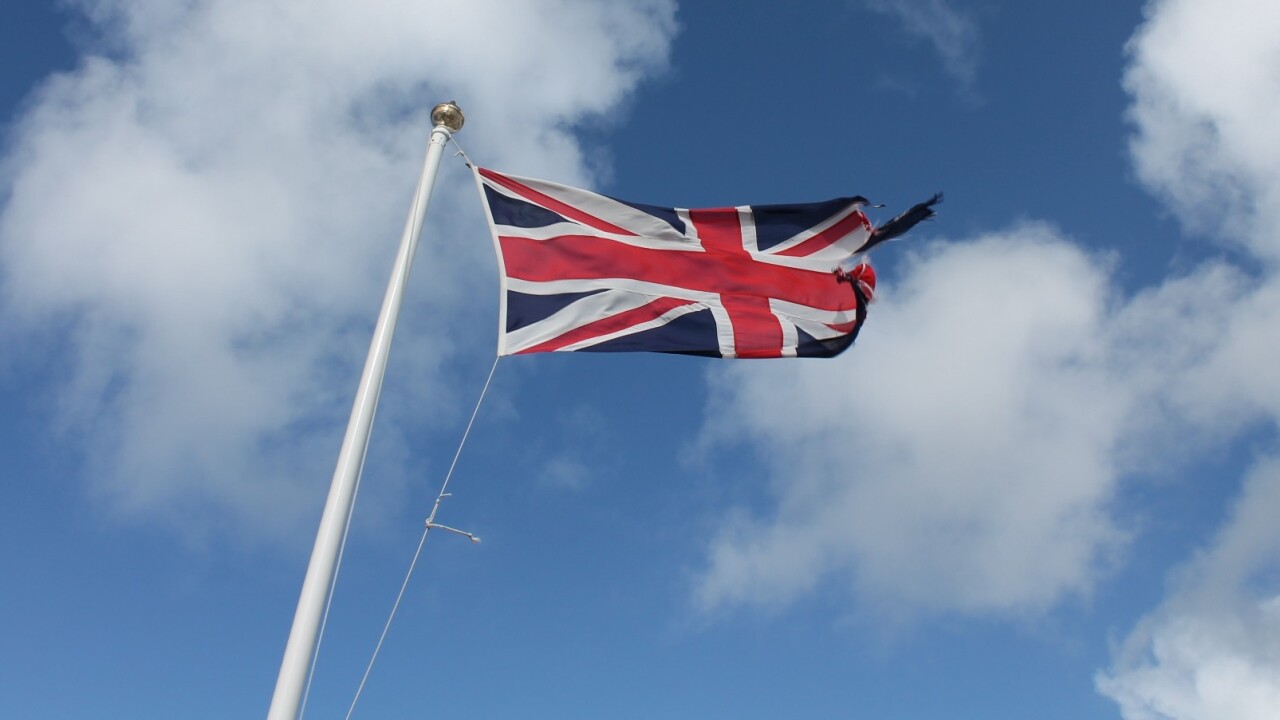
First it was pirate link-sharing site Newzbin 2, then it was the Pirate Bay, then the Promo Bay…now another three file-sharing sites have been added to UK ISPs’ block lists.
While we knew it was probably coming, the BBC has just confirmed that the High Court has ruled that Kickass Torrents, H33T and Fenopy must be blocked by Internet providers in the UK, after long-standing pressure from the British Phonographic Industry (BPI).
Legal precedents
It was back in July 2011 when BT was first ordered to block access to Newzbin 2, which was swiftly followed by Sky and other UK ISPs.
In this instance, the Motion Picture Association (MPA) – the international incarnation of the Motion Picture Association of America (MPAA) – had applied for an injunction to force BT to cut off its customers’ access to Newzbin, stating that it was targeting BT specifically as it was the UK’s largest Internet Service Provider (ISP).
The ruling that followed was a landmark moment, as it was the first time an ISP has been ordered to block access to such a website. Certainly, in legal terms it set a precedent which made it much easier for subsequent cases to succeed, something we’ve seen in the two years since then.
Copyright infringement
As for this latest case, well, the BPI has previously said that the torrent sites infringed copyright on a “significant scale,” though many groups have argued that the lack of decent legal alternatives was responsible for torrents’ popularity in the first place. According to an NPD report earlier this week, illegal peer-to-peer (P2P) music-sharing apparently decreased by 17% in 2012, with Internet users turning to free, legal streaming services such as Spotify.
At any rate, it’s likely that all ISPs will be expected to put blocks in place on these three torrent sites imminently.
“The growth of digital music in the UK is held back by a raft of illegal businesses commercially exploiting music online without permission,” said BPI chief executive Geoff Taylor, speaking to the BBC.
“Blocking illegal sites helps ensure that the legal digital market can grow and labels can continue to sign and develop new talent.”
We can expect more such cases to follow in the UK, though those in the know shouldn’t have too much difficulty circumventing the blocks. It’s standard for such sites to set up so-called ‘mirror’ sites on other domains, while virtual private networks (VPN) are another easy route around.
Get the TNW newsletter
Get the most important tech news in your inbox each week.





